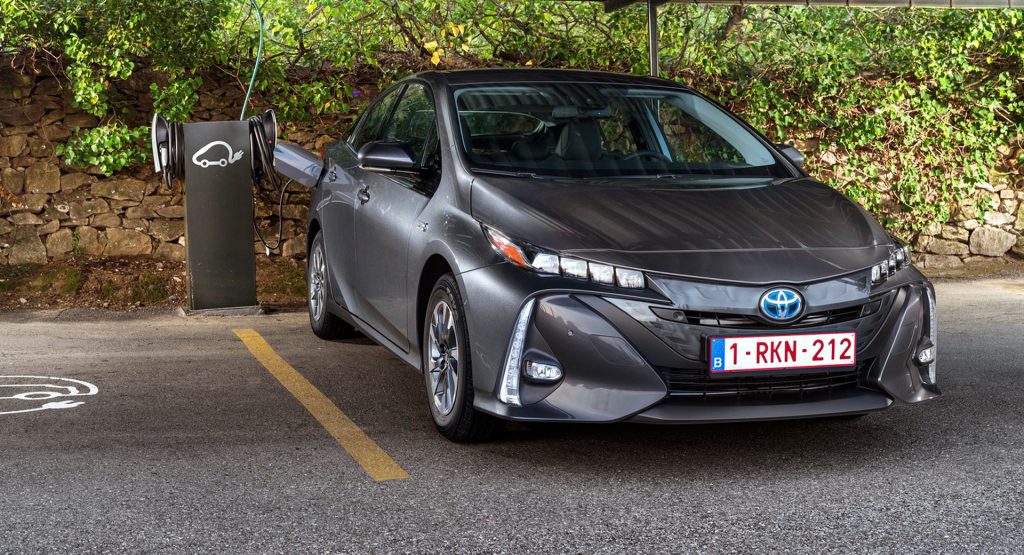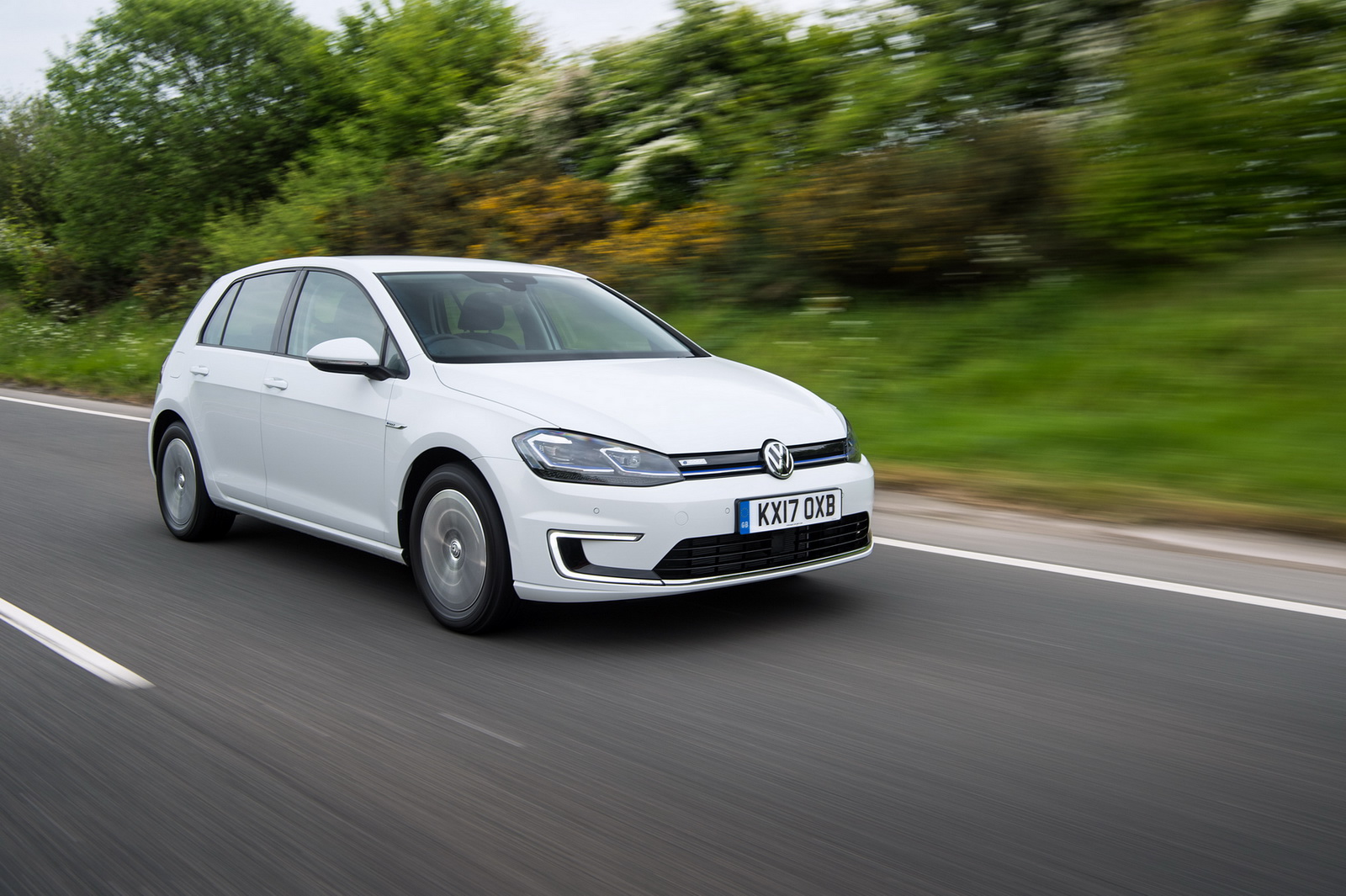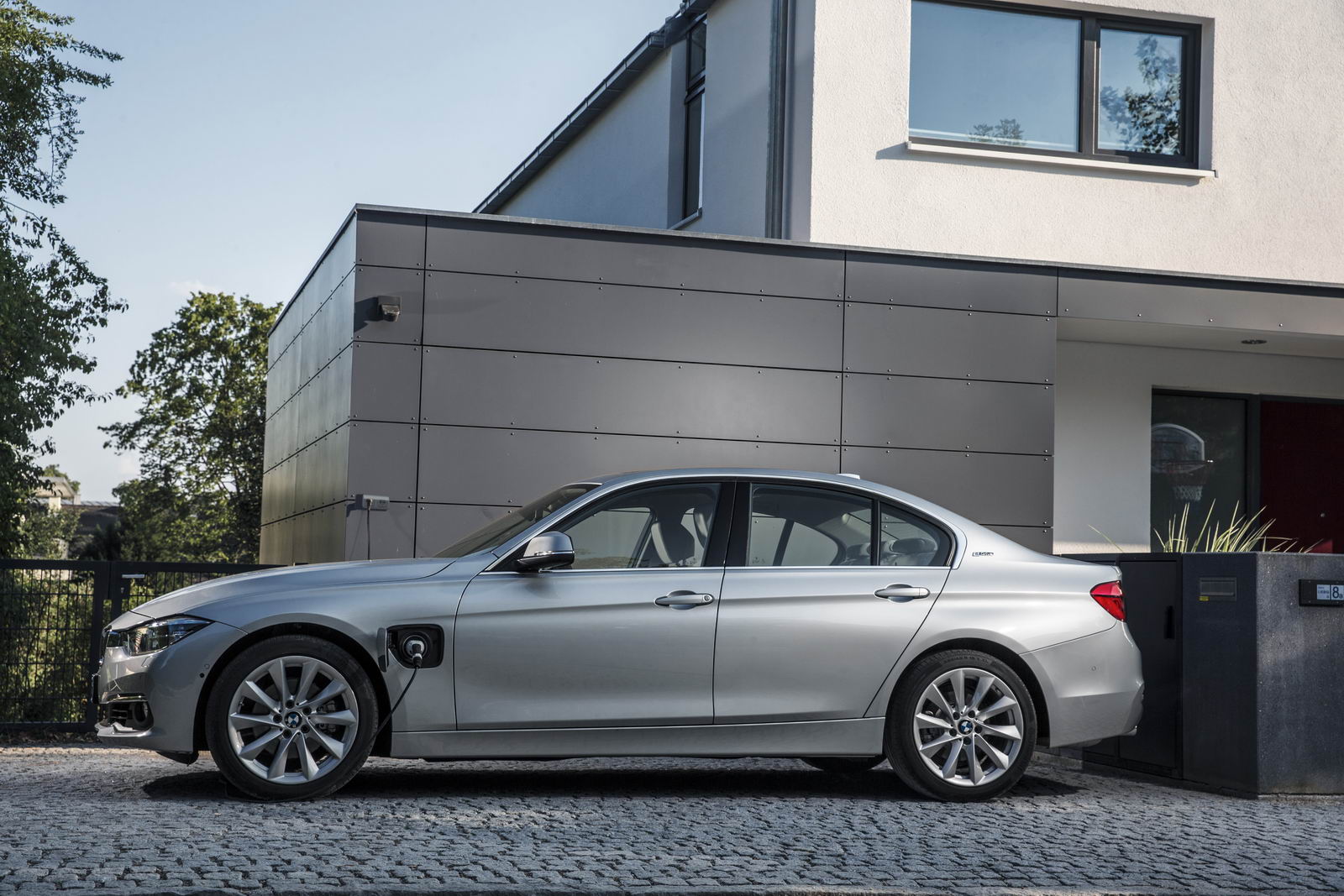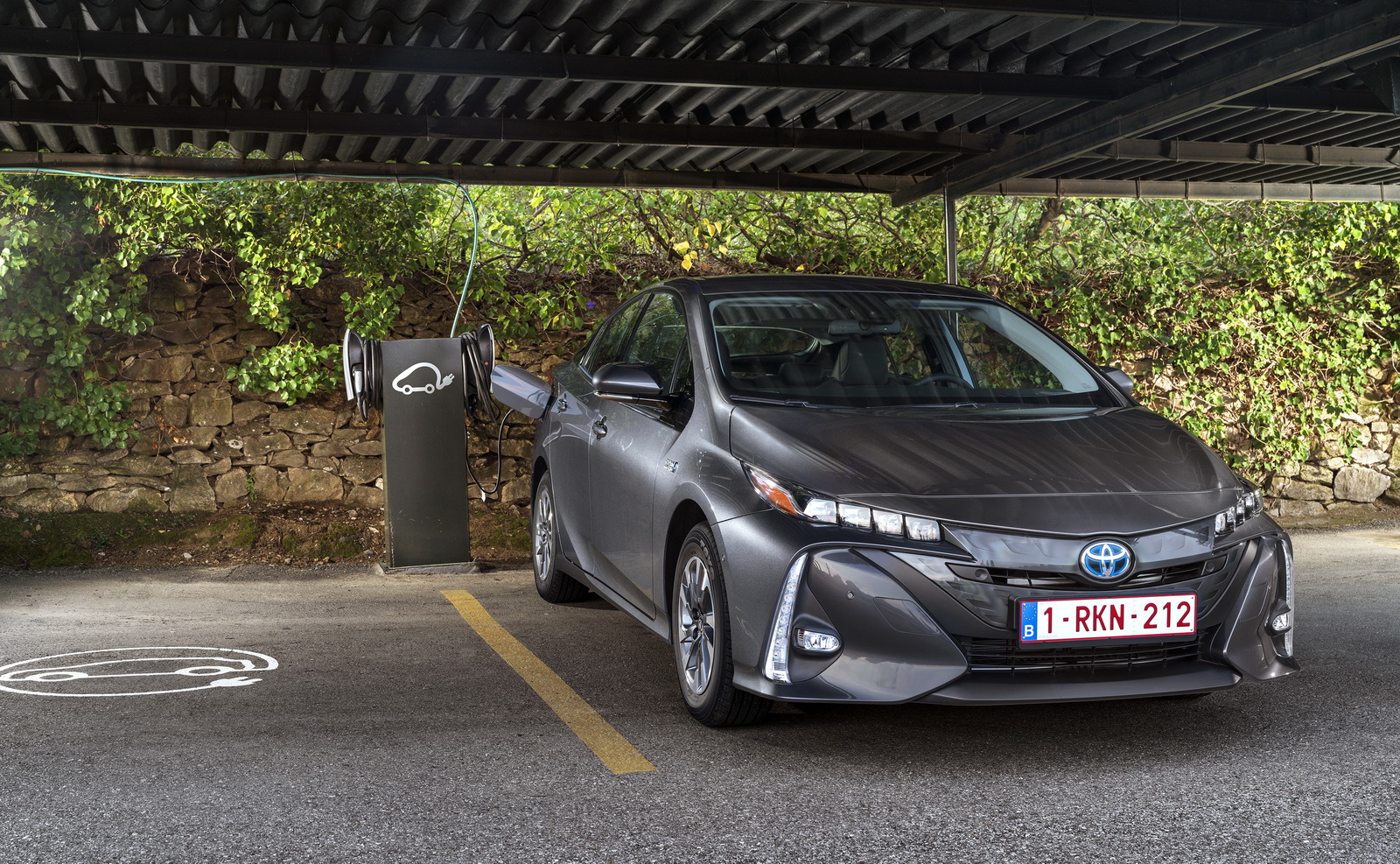The European parliament has voted for new 2030 emission targets for passenger vehicles in a bid to accelerate the transition towards cleaner vehicles.
Last Wednesday, the parliament agreed to new standards that automakers should ensure their fleets of passenger vehicles in the European Union emit 40 per cent less carbon dioxide in 2030 than they will in 2020/21.
The Financial Times reports that the EU commission has previously called for a 30 per cent cut in emissions and that car manufacturers had been pushing for an easier 20 per cent reduction. Countries including Germany continue to back a 30 per cent cut.
“Only Germany, Hungary, Romania and Bulgaria oppose higher ambition,” Julia Poliscanova from the Transport & Environment campaign group said.
“We should not allow Germany to hold an entire continent to ransom over its failed diesel strategy. Ministers should approve parliament’s decision next Tuesday.”
As if often the case with these things, not everyone is in agreement.
The EU asserts that a 40 per cent reduction in CO2 emissions by 2030 will result in the creation of 69,000 jobs in the EU thanks to new roles required by electrification and other industry sectors. This would apparently offset the 12,000 jobs which would be lost by car manufacturers shifting focus away from internal combustion engines to all-electric powertrains.
The ACEA, the carmaker industry association, has also warned of job losses, as have auto and parts makers.
According to the ACEA, stringent CO2 emission regulations will force European car manufacturers to import batteries from Asian or American suppliers for up to 50 per cent of their EVs.










